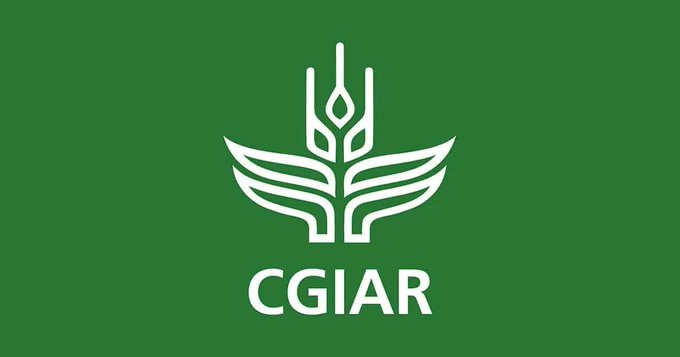Deadline: 07 July 2023
The International Livestock Research Institute (ILRI) seeks to recruit an MSc graduate fellow to work on Cross-sectional study of haemoparasites in dairy calves in Nandi County. The successful fellow will be hosted by the Livestock Genetics program at ILRI.
I. About the position
The dairy industry is an emerging sector of the livestock industry in many lower and middle-income countries (LMICs) particularly in Africa. Structured dairy cattle breeding programs, such as the African Dairy Genetic Gains (ADGG) project, are currently being implemented for improved performance and production. The ADGG program aims to assist farmers to improve cow management, improve animal and herd productivity as well as increasing income for smallholder dairy farmers.
The African Dairy Genetic Gains (ADGG) project reports ~40% calf mortality in its dairy cross-bred populations. In a previous longitudinal non-dairy calf cohort in Western Kenya known as the Infectious Diseases of East African Livestock (IDEAL) study, we observed a 16% overall calf mortality in the first year of life and a 13% mortality due to infectious diseases driven mainly by tick borne haemaparasites and gut nematodes/endoparasites. This is the proposed focus of this study.
There are a number of haemoparasitic infections that are hugely impactful for calf mortality and morbidity in Kenya in the non-dairy sector but the picture is currently unclear in the ADGG herds. These include T. parva (East Coast Fever), Babesia spp., Anaplasma spp., Erlichia spp. and Trypanosoma spp., In order to address this major challenge for dairy producers and to reduce both the direct losses from mortality and retarded growth as well as the indirect loss of genetic potential, the research proposes to conduct a longitudinal study of mortality and morbidity in calves. This will generate the disease and infection phenotypes that can then be linked to the ADGG genotypes to deliver genomic tools to develop resistance/tolerance to tropical diseases.
The successful MSc fellow will conduct the baseline cross-sectional study to the determine the prevalence of haemoparasites in dairy calves in Nandi County, Kenya.
II. Responsibilities of the fellow
- Recruitment of dairy farmers to participate in the baseline cross-sectional study.
- Collect survey data using ODK.
- Collect samples from cattle.
- Run serological and molecular tests for pathogens such as Brucella, Leptospira and BVD.
- Conduct statistical analysis of data.
- Preparation of research proposal and thesis for purposes of academic defense.
III. Minimum requirements
The ideal candidate should:
- Hold a Bachelor of Science preferably in veterinary science, biomedical or laboratory science.
- Be enrolled in Master of Science program with a speciality in parasitology, pathology or laboratory methods in a recognized university.
- Possess field experience collecting samples from animals, collecting survey data, working in multidisciplinary teams
- Have working experience using ODK.
- Demonstrated laboratory experience in use of microscopy, PCR, undertaking serology analysis such as ELISA
IV. Terms of appointment and stipend
- ILRI will offer a competitive stipend to cover living expenses, medical insurance cover, and meet research expenses.
- The successful candidate will be supervised jointly by an ILRI scientist and the university/academic supervisor/s.
- Location: ILRI – Kenya
- Duration: 6-months
V. How To Apply?
- Applications should be sent to the Director of People and Organizational Development, ILRI by clicking HERE on or before 7th July 2023.
- The position title and reference number REF: GF/LG /07/2023 should be clearly marked on the subject line of the cover letter.
- ILRI thanks all applicants for their interest in working for ILRI.
- Due to the volume of applications, only shortlisted candidates will be contacted.
- ILRI does not charge a fee at any stage of the recruitment process (application, interview meeting, processing or training).
- ILRI also does not concern itself with information on applicants' bank accounts.
VI. About ILRI
ILRI works to improve food and nutritional security and reduce poverty in developing countries through research for efficient, safe and sustainable use of livestock. It is the only one of 15 CGIAR research centers dedicated entirely to animal agriculture research for the developing world. Co-hosted by Kenya and Ethiopia, it has regional or country offices in East, South and Southern Asia as well as Central, East, Southern and West Africa.
The Livestock Genetics program’s approach is to identify genetic/breeding bottlenecks limiting the benefits of livestock for small-scale farmers. The program works with partners to apply established approaches to neglected systems (for example improved artificial insemination delivery), while simultaneously seeking innovative solutions which can accelerate (or skip) traditional approaches—for example use of genome editing.
